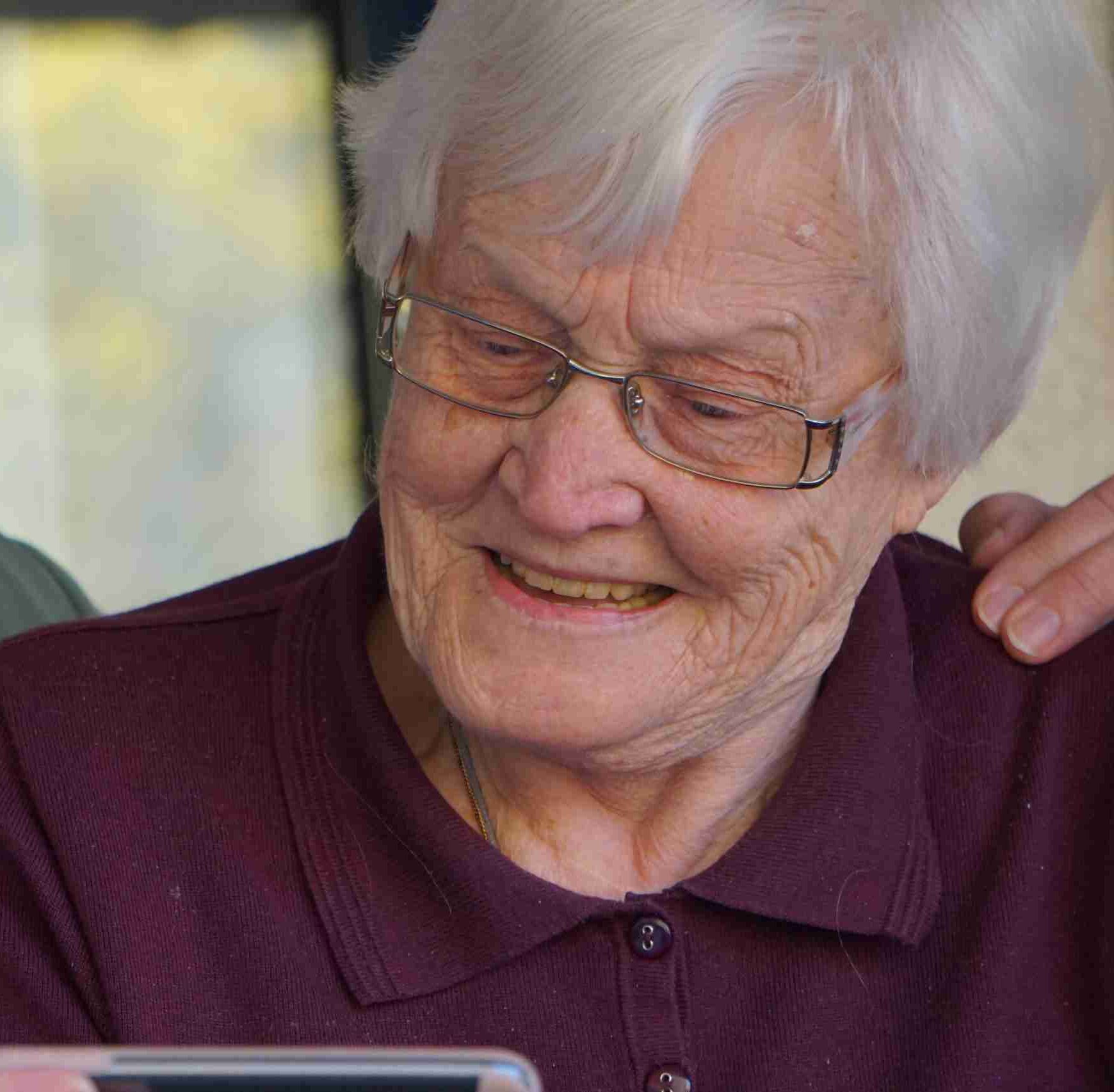Palliative care is for when someone has a life-limiting condition or chronic illness.
When a loved one with a progressive condition requires intensive treatment to ease the pain and manage their condition, palliative care should be considered.
Palliative care can begin at any point during a person’s diagnosis and will sometimes result in end-of-life or hospice care. Although some people may choose to receive end-of-life care at home instead of going to a hospice, care at home can often be supported by the expertise of a hospice.
Is palliative care the same as end of life care?
No. Although it can include end of life care, palliative care is much broader and can last for longer. Having palliative care doesn’t necessarily mean that you’re likely to die soon – some people have palliative care for years.
End of life care offers treatment and support for people who are near the end of their life. It usually starts to be offered to those who are thought to be in the last year of their life. The aim is to help someone be as comfortable as possible in the time they have left, as well as making sure that practical things such as Wills or wishes are sorted out.
Who provides palliative care?
Many healthcare professionals provide palliative care as part of their jobs. An example is the care available from GP or community nurses.
Some people need additional specialist palliative care. This may be provided by consultants trained in palliative medicine, specialist palliative care nurses, or specialist occupational therapists or physiotherapists.
Palliative care teams are made up of different healthcare professionals and can co-ordinate the care of people with an incurable illness. As specialists, they also advise other professionals on palliative care.
What to expect from palliative care at home
Choosing palliative care at home, for your loved one keeps them in a familiar environment. This makes the adjustment in change of care easier on your loved one. As well as yourself and your friends and family. Furthermore, being in the comfort of their own home means your loved one doesn’t lose their privacy. In addition to their other home comforts, which make all the difference.
What symptoms can palliative care address?
Here are some symptoms that palliative care may address:
- Pain
- Constipation
- Nausea and vomiting
- Diarrhoea
- Bowel or bladder problems
- Loss of appetite, weight loss, or wasting
- Shortness of breath or laboured breathing
- Coughing
- Depression
How can Cavendish Homecare help?
At Cavendish Homecare we are experts in providing private palliative homecare for clients who want to remain in their own homes. When it comes to your health and well-being, choosing the right homecare package is of utmost importance and navigating this process can be overwhelming. With Cavendish Homecare by your side, you’ll have the support you need to remain safely at home while enjoying elevated health and wellbeing.
If you would like to enquire about our palliative care services in London and the home counties, contact us on, 02030085210 or email us at info@cavendishhomecare.com.
 Back
Back